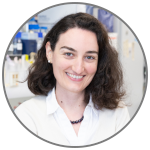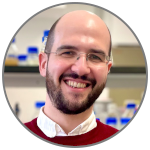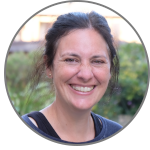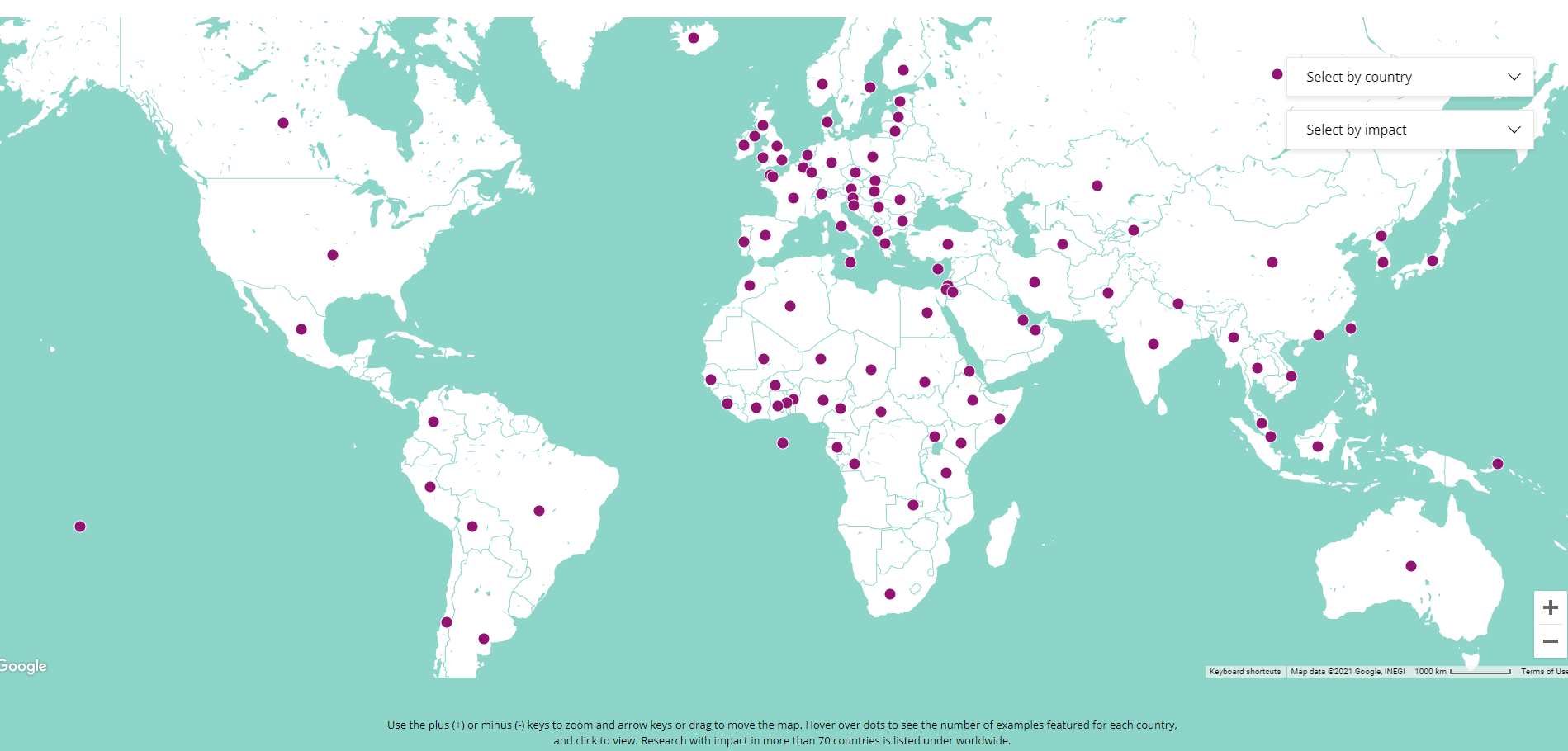From the moment we are conceived and throughout life, our cells and tissues encounter various challenges that impact our health. Members of our theme study normal and disrupted developmental processes with the aim of living healthy for longer, and improving reproductive health. With over 80 different research groups focusing on topics ranging from reproduction to cancer and using invertebrate, vertebrate and plant models we are in a unique position to realise our aim.
Grand Challenge Topics
Integrative biology of ageing
The integrative biology of ageing is a multidisciplinary approach embedded at the University of Cambridge to increase understanding of the ageing process and develop strategies for extending human healthspan.
Complex tissue regeneration across scales and systems
Embryos and plants show us that multi-tissue regeneration is possible, however complex animals and humans have mostly lost this capability. Researchers in Cambridge are working together to learn lessons across tissues, systems and scales to make human limb and organ regeneration possible.
Recent Discoveries
Maternal microbiome promotes healthy development of the baby
Researchers studying mice have found the first evidence of how a mother’s gut microbes can help in the development of the placenta, and the healthy growth of the baby.
A new study has found that a species of gut bacteria, known to have beneficial effects for health in mice and humans, changes the mother’s body during pregnancy and affects the structure of the placenta and nutrient transport - which impacts the growing baby. The bacteria, Bifidobacterium breve, is widely used as a probiotic so this study could point to ways of combating pregnancy complications and ensuring a healthy start in life across the population. The research involved scientists from the University of Cambridge, the Quadram Institute, and the University of East Anglia. Read
Wider Impact

Production of high quality growth factors for regenerative medicine
Stem cell research is providing new avenues for both therapy and diagnosis but has been limited by the low availability of high-quality, affordable and consistent growth factors, which are required to maintain stem cells in culture and to drive their differentiation to specialised cell types.
Using his expertise in basic research on growth factors, Marko Hyvönen has developed a platform that represents a step-change in the production of growth factors. His novel method for producing large amounts of high-quality growth factors led to the establishment of his spin-out company Qkine in 2016. He developed the method originally to generate large amounts of high quality Activin A, a growth factor that through specific cell surface receptors controls many cellular behaviours, making it of considerable importance in stem cell research and its clinical outputs. The new production method does not rely on the use of animal-derived products, which means that these processes could be used for production of clinical grade human stem cell cultures. Read
Theme Leads
Theme Members
A - F
Julie Ahringer
Matthew Allen
Clare Baker
Simon Baron-Cohen
Thorsten Boroviak
Sarah Bray
Kristian Franze
G - M
Nicola Holdstock
Kate Hughes
N - Z
Denes Szucs










